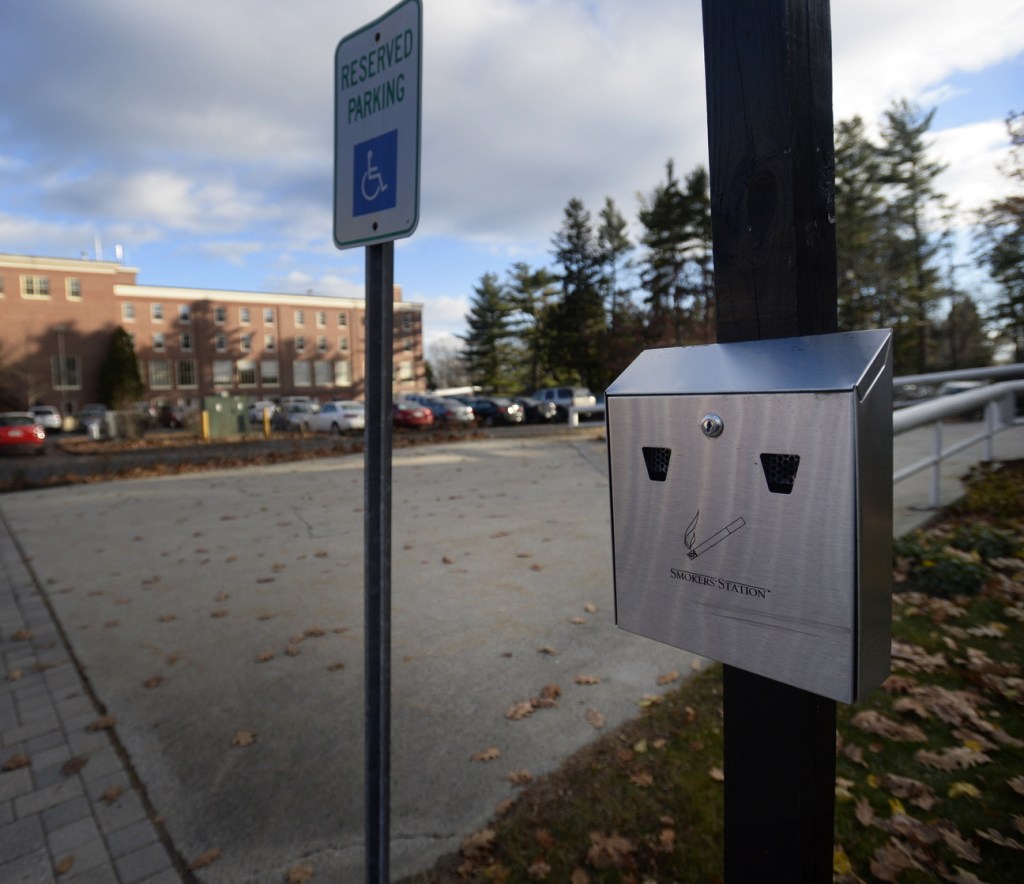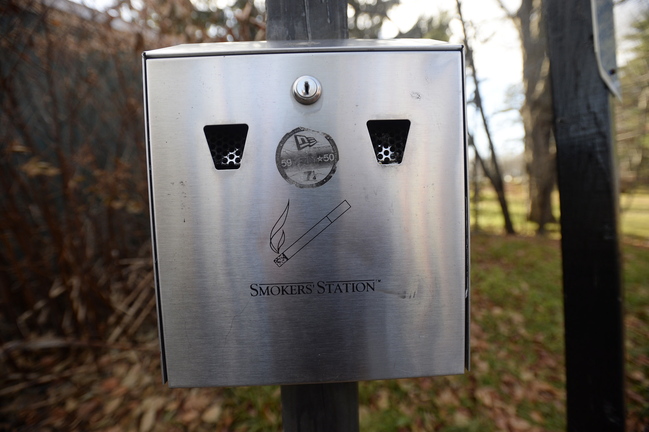The University of New England is the latest institution of higher learning in Maine to go smoke-free, and the prohibition will include electronic cigarettes and smoking in cars parked on campus.
The policy, which applies at the university’s Biddeford and Portland campuses, will take effect July 1, 2014. It bans all tobacco products or non-FDA-approved nicotine products in all buildings and grounds. The school had previously prohibited smoking withing 50 feet of building entrances.
“Tobacco use is the leading cause of preventable death and disease in this country. As an innovative health sciences university grounded in the liberal arts, we want to promote a campus culture of wellness and environmental responsibility,” said President Danielle N. Ripich.
Six of the seven campuses in the University of Maine System currently have smoking bans, and the Presque Isle campus is due to become tobacco-free in January. At the state community colleges, Kennebec Valley Community College instituted a tobacco-free policy in 2006, and the other six colleges are in the process of becoming tobacco-free, a spokeswoman said.
Student leaders were involved in getting the policy passed at UNE, and students were polled on their opinions.
“Having a tobacco-free campus policy that was approved by students from all colleges speaks to the proactive nature and leadership potential of our student body,” said Gavin Kuns, a past student government president and first-year student in the UNE College of Osteopathic Medicine. “It’s great to see the health-oriented mindset from UNE’s students, as many of us will quickly be moving on to be leaders in not only health care, but in business and communities as well.”
Electronic cigarettes, which are battery-operated and came on the market only about five years ago, represent a new aspect of “tobacco-free” or “smoke-free” policies.
E-cigarettes give off vapor, not secondhand smoke, but do contain nicotine. A battery in an e-cigarette fires a heating coil, which warms a liquid containing nicotine. When the user inhales, it produces a nicotine vapor.
The Food and Drug Administration has not issued any regulations on e-cigarettes, but Maine Attorney General Janet T. Mills joined with 39 other state and territorial attorneys general in calling for the FDA to place restrictions on them by classifying them as “tobacco products” under the Tobacco Control Act.
The American Lung Association recommends that smoke-free laws should be applied to e-cigarettes.
Earlier this year, Gov. Paul LePage vetoed a bill that would have banned smoking on all public university and college campuses, including Maine Maritime Academy in Castine, by August 2014.
Noel K. Gallagher can be contacted at 791-6387 or at:
ngallagher@pressherald.com
Send questions/comments to the editors.




